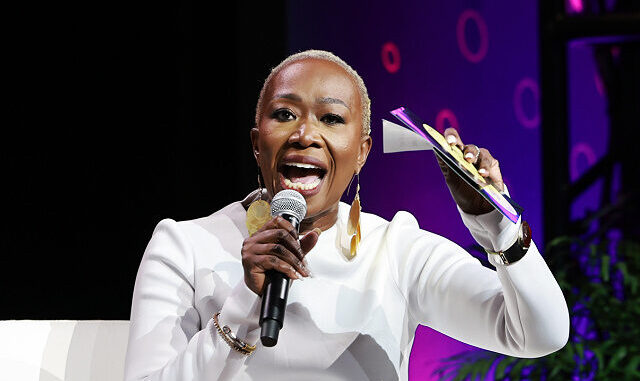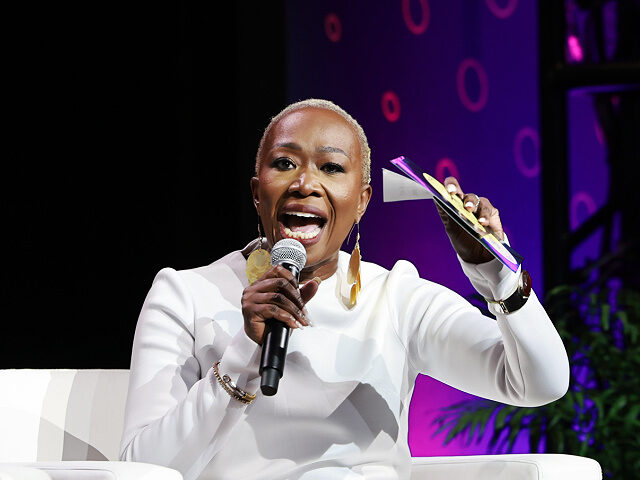

Leftist MSNBC commentator Joy Reid announced some “free advice” to “white women” following President-elect Donald Trump’s win last week: “Black women have resigned from the ‘Save America’ coalition.”
After exit polls revealed that the majority of white female voters cast their ballots for the former president on Tuesday, Reid has been pitting them against black voters.
“I just want to give some free advice to the White progressive women who may be thinking about marching against the Trump victory, maybe putting back on the P-word hats and doing that thing, I would just say probably don’t send any of those invites to any black women,” the ReidOut host said in a Saturday TikTok video:
“I’m just going to tell you right now they’re not coming,” Reid, who is of Congolese and Guyanese descent, continued.
“Like, I’m pretty sure black women have resigned from the ‘Save America’ coalition,’ ‘Save Democracy’ coalition and definitely the ‘Save the Democratic Party’ coalition,” she added.
“I would just keep those invites maybe among your own friends because … I think black women are now on the ‘save black women, prioritize black men and prioritize black communities, black businesses, and the black spaces.’ But save America, save the Democratic Party? Yeah, I don’t think that’s happening.”
When taking part in MSNBC’s election night coverage, she said that “white women voters did not” come through for Vice President Kamala Harris like black voters did:
“It’s a state where women lost their reproductive rights, where there was a very heavy push to get women to focus on not … putting back into the White House the person who was responsible for taking those rights away. And restoring them,” she argued. “But that message obviously was not enough to get enough White women to vote for Vice President Harris, a fellow woman.”
“This will be the second opportunity that White women in this country have had to change the way that they interact with the patriarchy,” Reid continued, pointing to the 2016 loss of former Secretary Hillary Clinton. “If people aren’t receptive to it, and if people vote more party line, or more on race than on gender, and on protecting their gender, there’s really not much more that you can do.”